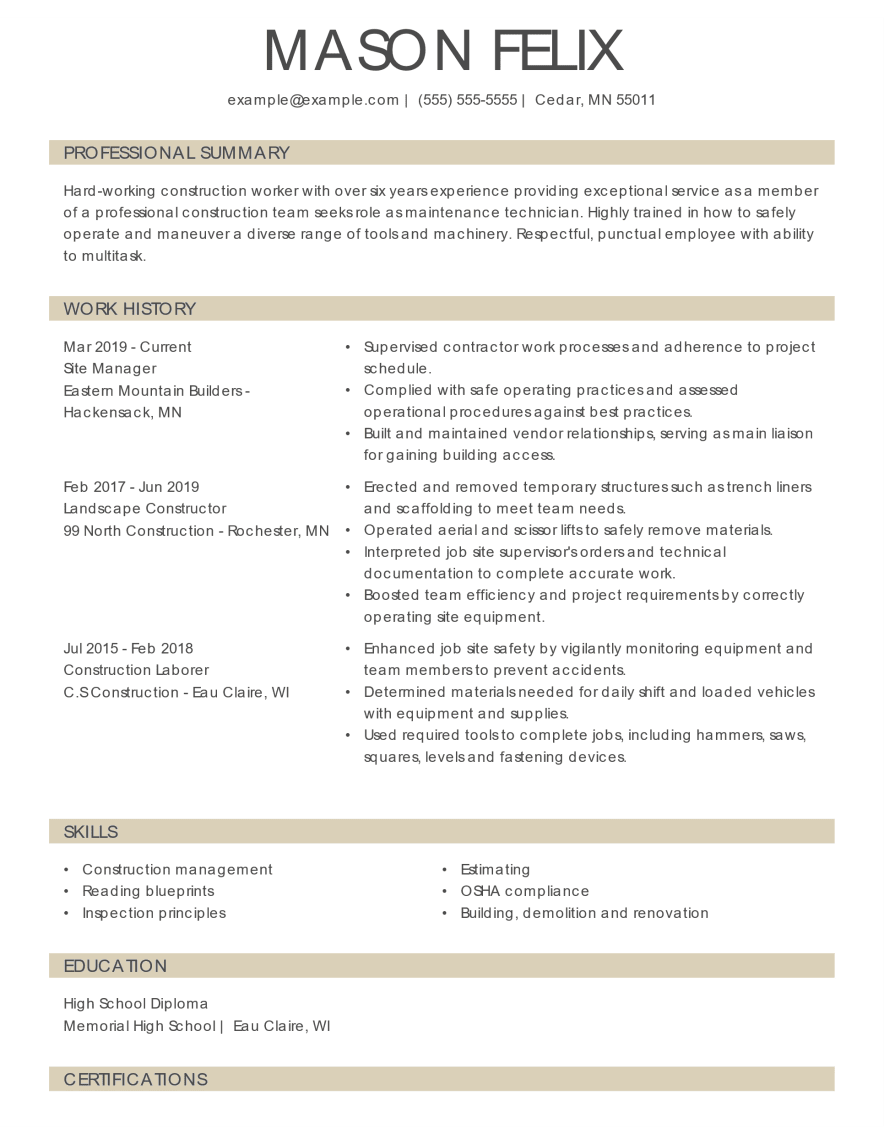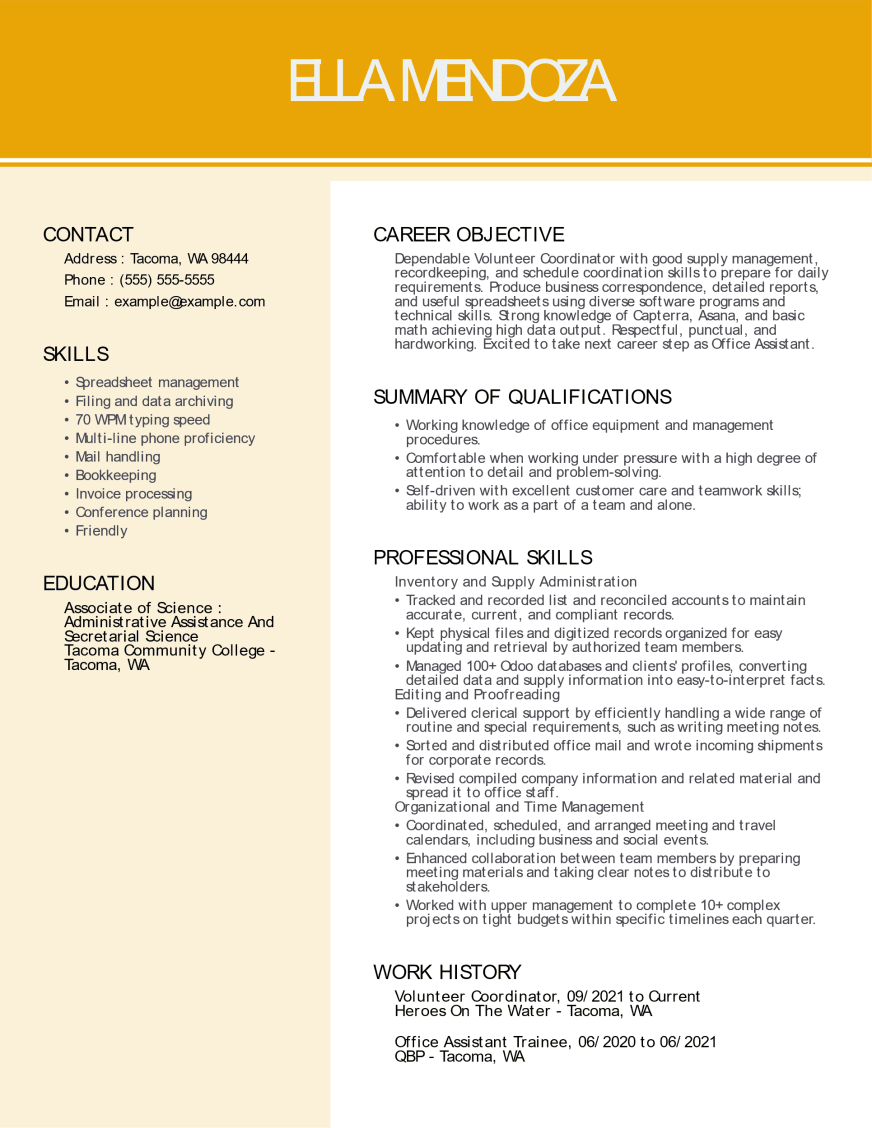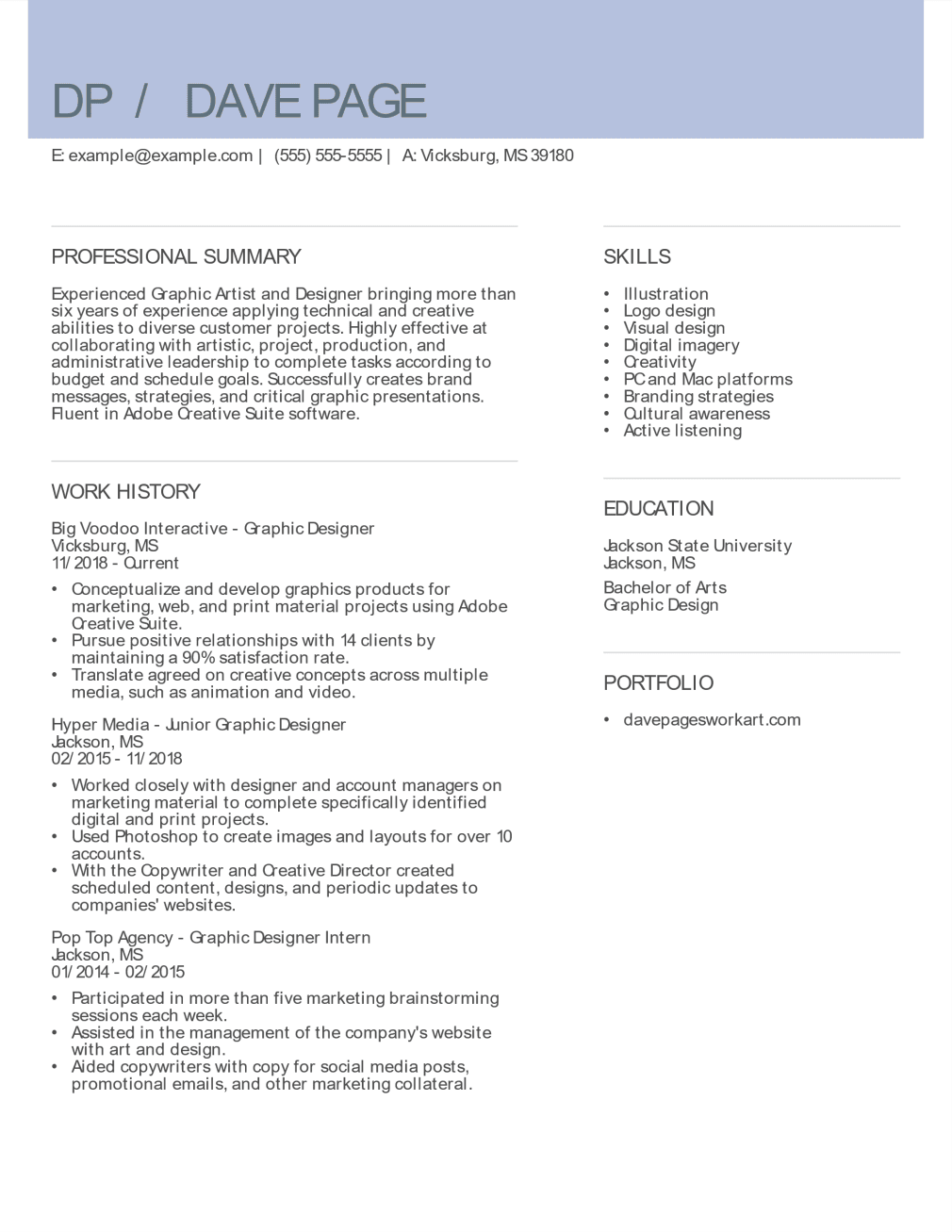How to write an effective Resume?
Psychology says that the first impression can have a lasting impact. Therefore, it becomes really important to make a good first impression when you are meeting someone for the first time especially when you are meeting an interviewer.
Hence, it is essential to create a resume that forms the perfect first impression on your employer. But how to write a resume that can make you stand out from others? There are certain steps which should be followed to create an ideal resume.
In order to get your dream job, you should do all you can do for making your resume a perfect fit for the job. Let us understand the 10 important steps to write a resume.
1. Choose the correct Resume format
There are three types of formats-:
Reverse/Chronological Resume format
This format places the professional history section first and is ideal for people with a lot of professional experience. It lists work history in order of each position held with most recent job towards the top of the page.

Functional/skill-based Resume format
This resume focuses on skills and abilities and groups experience under skill categories. This is for job seekers with less work experience such as for students or for people looking for career change.

Combination Resume format
This resume is a combination of chronological and functional resume. It equally highlights the work experience and skills. It is suitable for people with diverse skills sets and can be used by candidates with some experience.

2. Include your personal details and contact information
The resume should contain this basic information for the interviewer to get to know who you are. It should include-:
- Name
- Contact number
- Email address
- LinkedIn URL
- Professional website/blog (if any)
3. Write Resume summary or objective
The purpose of this section is to give the best first impression to the interviewer. It should be a short statement giving an overview of your career goals, qualifications and skills.
4. List relevant work experience and achievements
This is the most important part of a resume. This is the section where one actually sells oneself to the employer. List your jobs in a chronological order with most recent position on the top.
The format for work experience should include-:
Job Title/Position
This should be at the top of every entry. This helps the HR to go through your earlier positions at a glance and highlight your relevant professional experience.
Company Name and Location
Mention the name of the employer and the location of the office you have worked in. Sometimes, you can also briefly describe the company if it is not a well-known organization.
Achievements and Responsibilities
Briefly mention the important tasks of the profile according to the position.
Dates of employment
Write about the timeframe of employment in each company. You can add the year and the month of employment. The standard format followed is mm/yyyy.
How much work experience to include in a resume?
It might sometimes become difficult to figure that how much work experience should we include in a resume. Also, it would vary with each level.
- Senior professionals should list up to 15 years of relevant work experience
- Mid-level professionals should mention work experience relevant to the position they are applying for.
- Entry-level candidates should list all important duties and responsibilities.
- Job seekers with no experience should include internships and volunteer experience
Things to keep in mind
- Use keyword relevant to the position
- Be brief
- Use impactful words such as managed, handled and directed
5. Highlight your top skills
A resume should highlight all the skills fit for the job. Job specific skills can grab the attention of the employer and help you get the job you want. There are two types of skills that can be mentioned-:
Hard Skills
These are specific abilities that are acquired through practice or learned through training, education and on-the-job experience. Language skills, strategic planning and business development skills.
Soft Skills
These are a combination of interpersonal skills, communication skills and learned attributes.
Other important skills can include-:
- Technical skills
- Management skills
- Leadership skills
- Critical thinking skills
- Problem solving skills
- Analytical skills
6. Add education, certifications and internships
An education section is valuable for the ones with little professional experience. It should include the following-:
- Relevant coursework
- Percentage or rank
- Participation in clubs or organizations
- Positions of leadership
- Awards and achievements
Certifications and internships that are relevant to the job description can be included in this section. This can prove more beneficial for job seekers with less work experience.
7. Proofread your Resume
Review your resume for grammatical and spelling errors before sending it to the recruiters. You can ask trusted friends and family members to review your resume.
Some tips for formatting include:
- Not more than 1 page (unless you have an experience of 10 years)
- Use appropriate fonts
- Keep margins of 1 inch on all sides of your resume
- Choose between single or 1.5 line spacing
8. Tailor your Resume for each position
Adjust your work experience to the job role being offered. Scan the job description for the keywords and position-specific words and then spread them throughout the resume. This strategy will help you to the show the employer that you are the best fit for the job. Also, be concise and to the point. Use active voice and not passive voice when writing the resume.
9. Adding finishing touches to the document
- Mention languages you speak other than English
- Add details about relevant volunteer work
- Inform about awards and honors received for previous roles
- Write about any special trainings taken while working in previous organizations
10. Complement a resume with a cover letter
Cover letter helps to write in detail about things that have been written in brief on a resume and therefore it is a good idea to attach one. It will help to describe your personality better and help you write about how you can be a valuable asset to a company. Here are the top ten tips for writing an effective cover letter.
Develop your resume such that it withstands the 6 seconds test with the recruiter to invite you for the interview. Also, some pre- and post-interview preparations can ascertain that your resume doesn’t fail to dazzle the recruiter.


